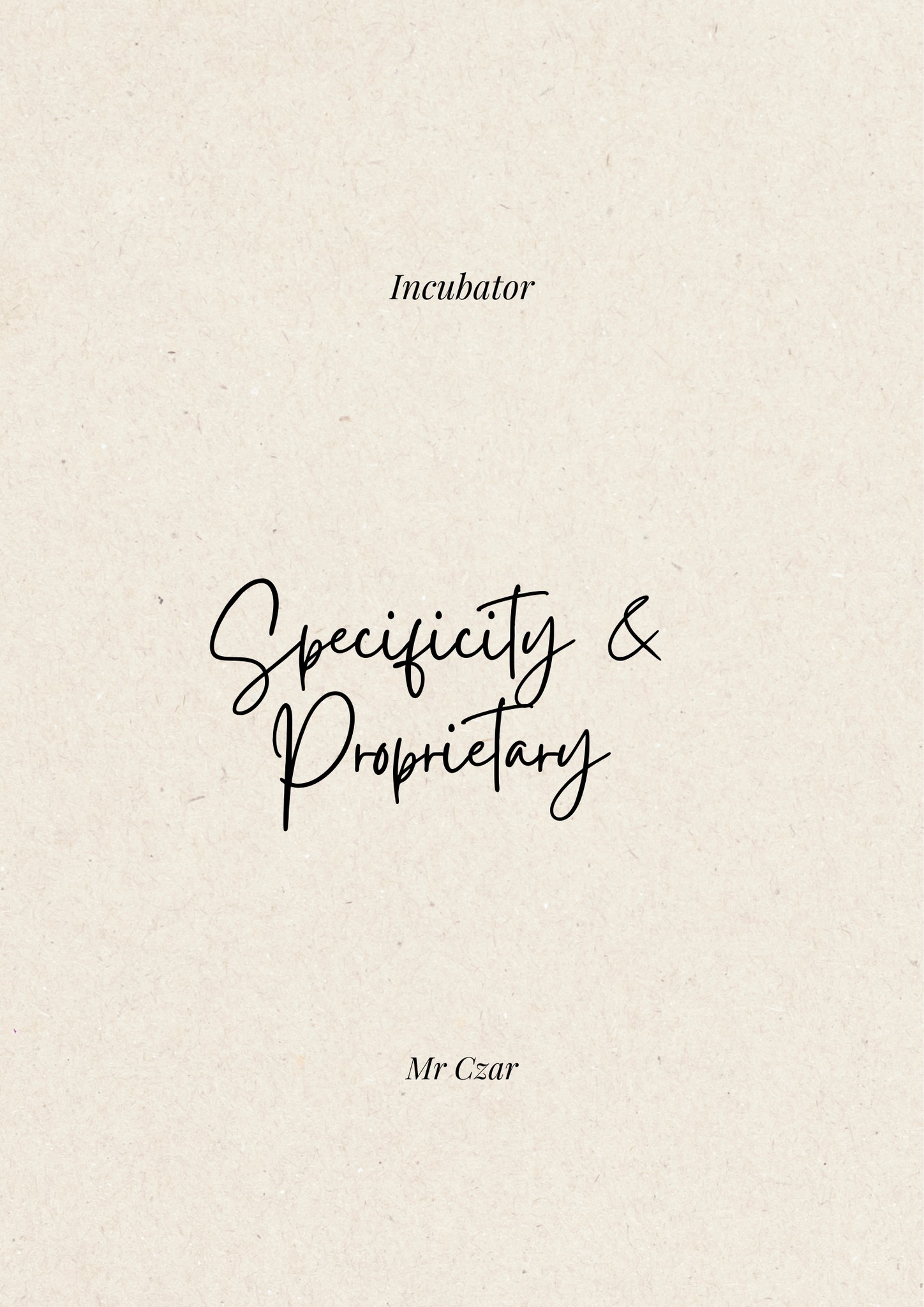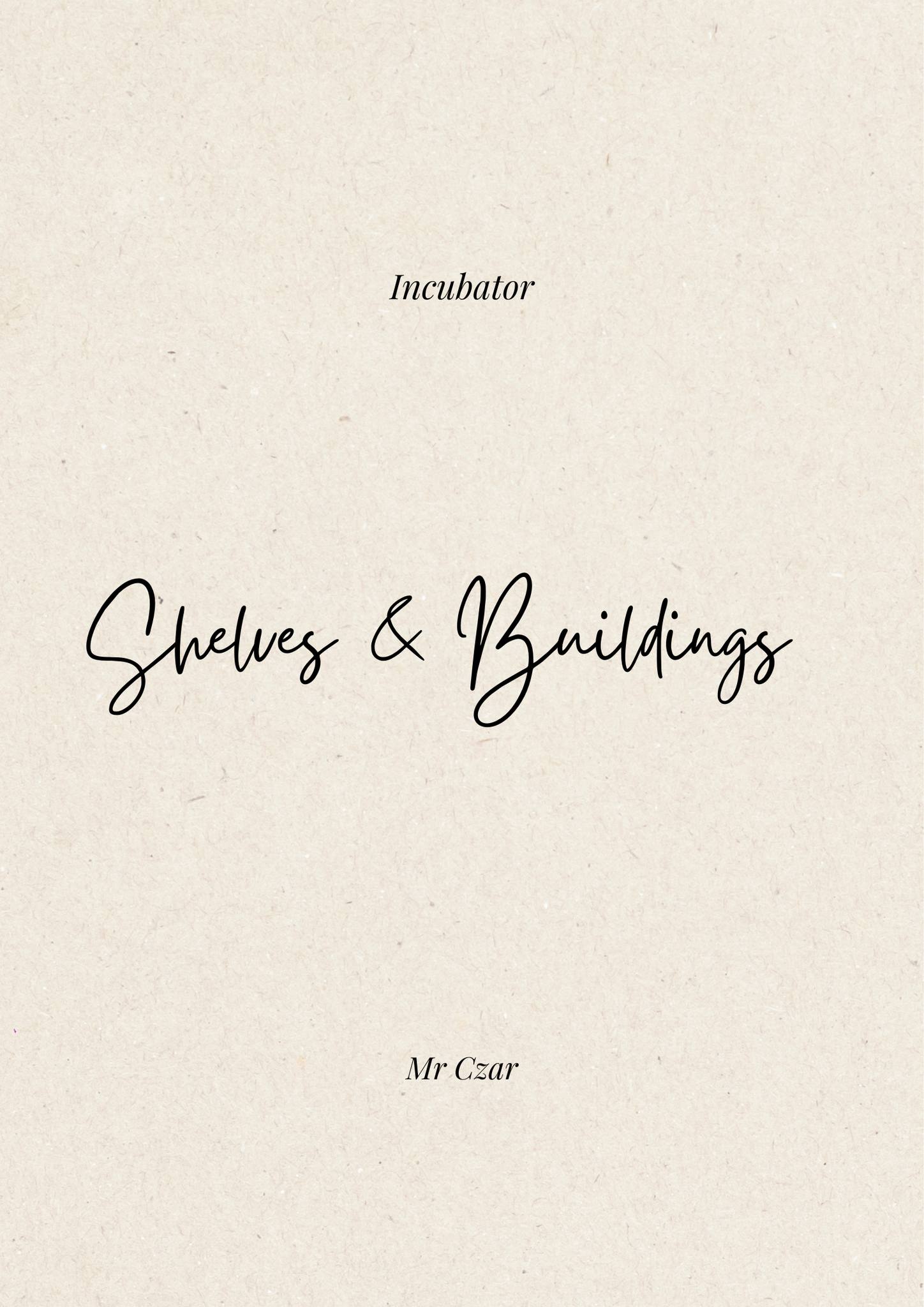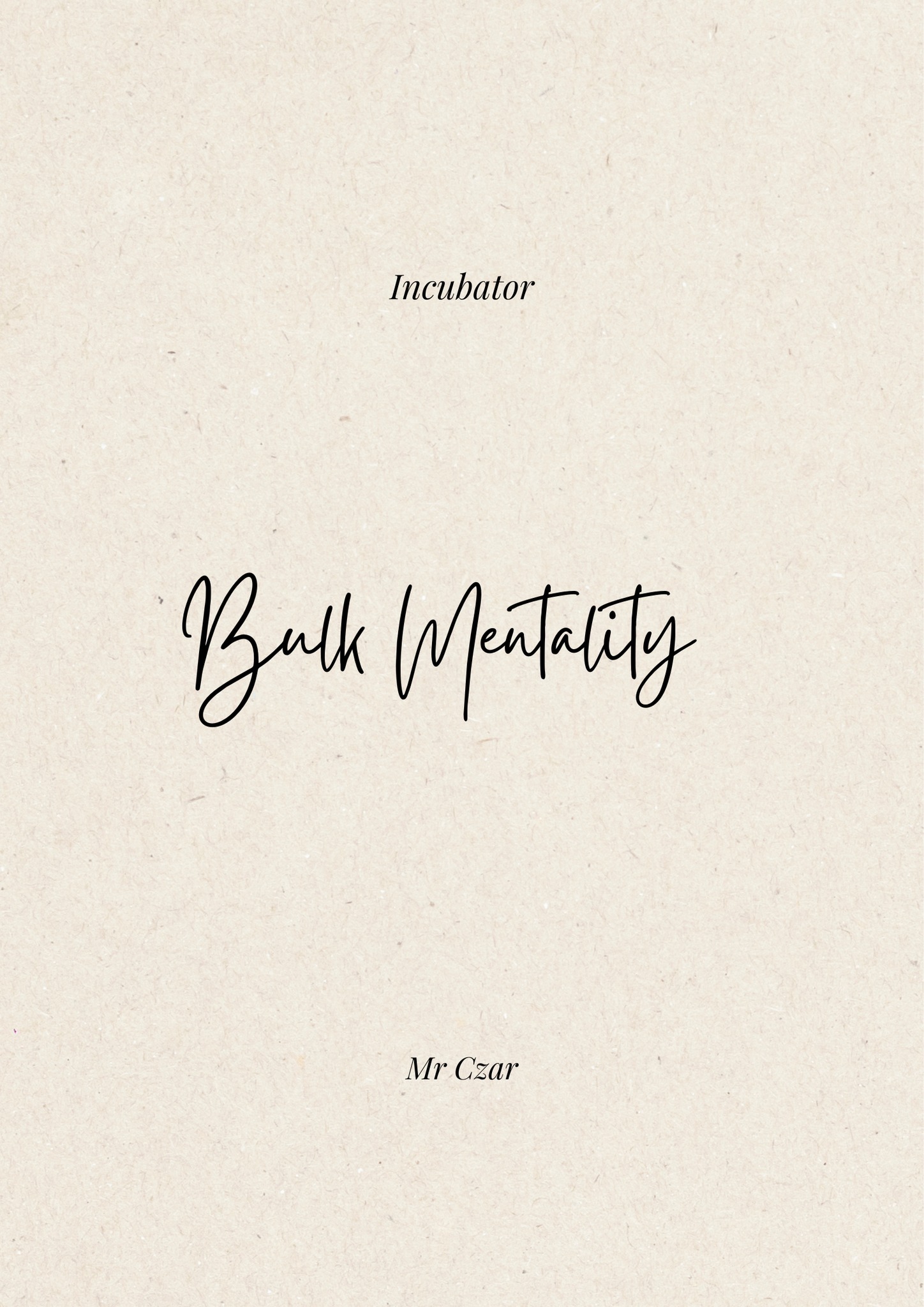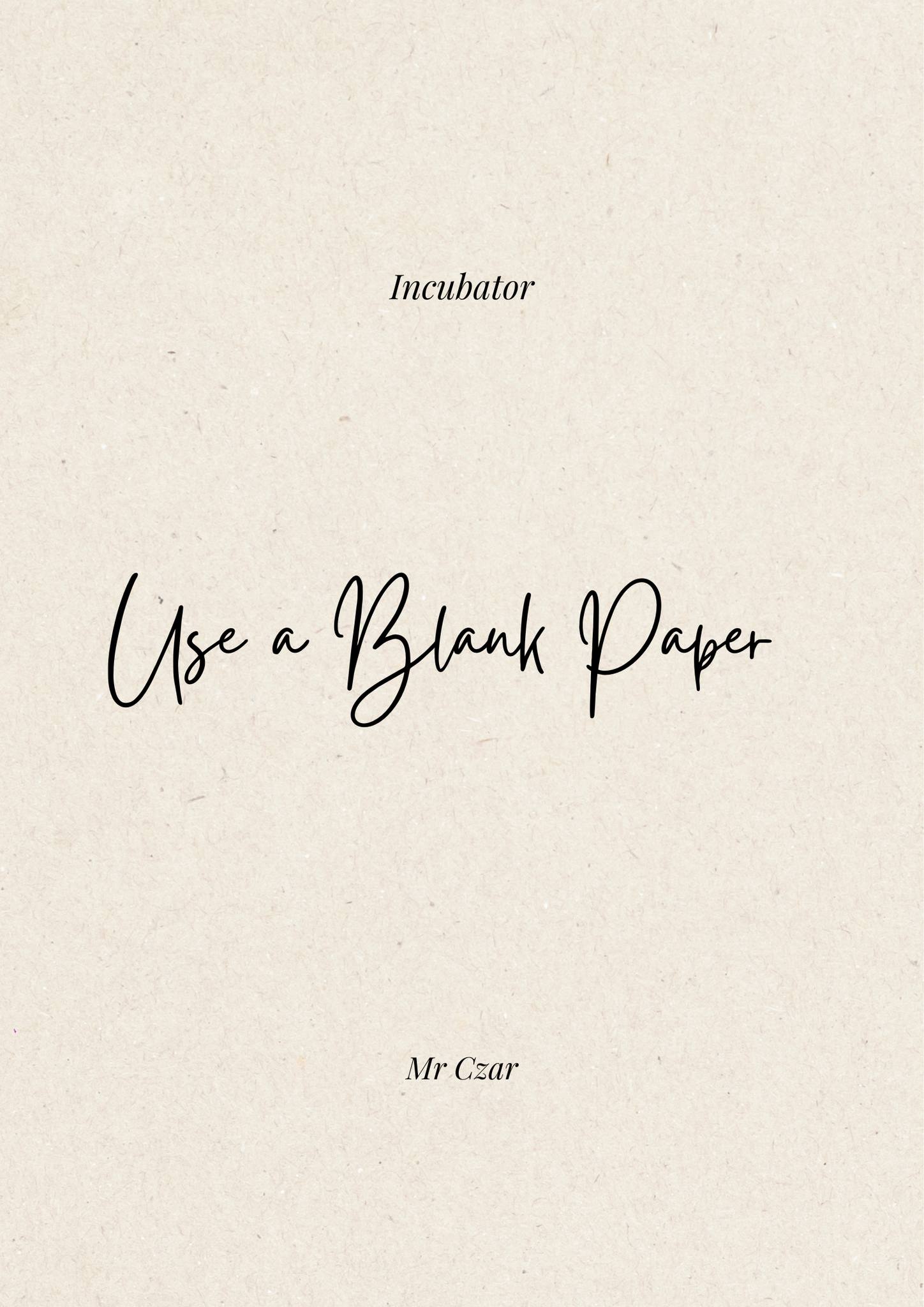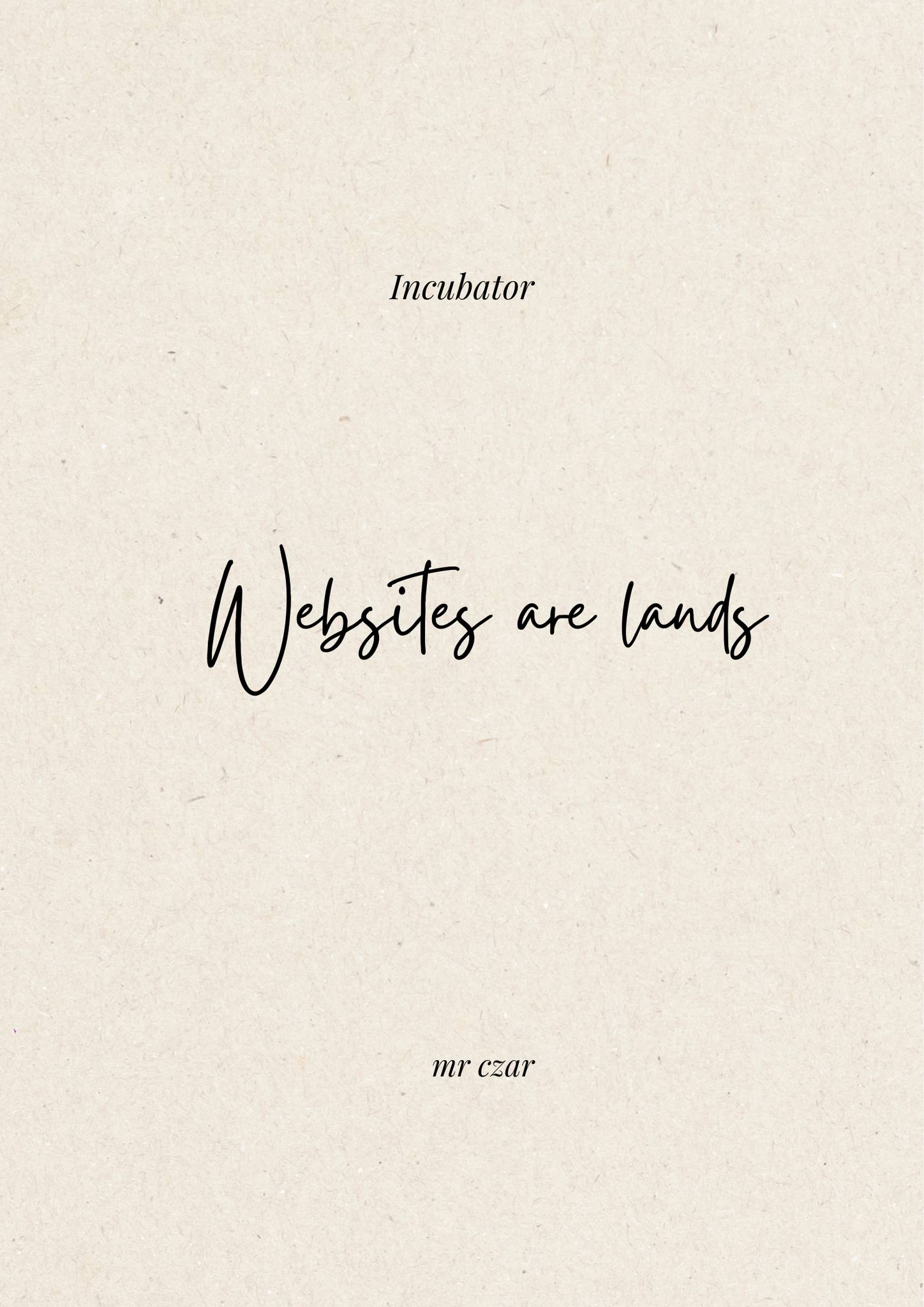How to Engineer Trust Into Your Brand
Before you read this post, make sure you read the Previous one about ‘’How to Build a Brand.’’
The Pareto Principle states that 80 percent of the output from a given situation or system is determined by 20 percent of the input.
This means you can do less to succeed at things. You just need to focus on the few things that move the needle.
Then I told you that the TWO things that keep a brand long-term are
- Trust
- Distribution
Today, I’ll break down how to integrate trust into your brand.
To know how to predict the future, we must understand the past.
To understand how to engineer trust, let me ask you a question –
Say you live in Enugu and then travel to Lagos with N50,000, which you must deposit in Access Bank.
Will you walk into the first Access Bank and deposit the money? The answer is yes.
Now, when you look at it – you literally just walked into a building out of trust in another state – and deposited your money.
But what if that building mimicked Access Bank?
Do you feel my drift? As a matter of fact, this happened in India at some point. Some people mimicked a famous bank and took in deposits until they got caught.
Now. Let me get to the point.
Familiarity breeds Trust (You are more likely to trust someone you are familiar with than someone you are not).
On the other hand, Familiarity is bred by Uniformity (You can recognize Chicken Republic & Access Bank anywhere in Nigeria)
Putting this together, we can then say –
Trust is engineered through Familiarity when there is a replication of trustworthy uniformity of experience.
Here are real-life examples of how familiarity is engineered across your popular brands:
- Iphones are packaged the same way (uniformity), and all the phones work as advertised (trust & uniformity of experience)
- MoniePoint POS looks the same way (uniformity), they have minimal downtime (Trust), and their interface & printouts have the same look (uniformity of experience)
- One of the most profitable food chains in Nigeria is Chicken Republic. They look the same (Uniformity), and they sell their meal in the same bowl size (Uniformity of experience)
- At Stakecut, my company, all our CONTENTS have the same look and feel (Uniformity), we have a LIVE chat feature on all pages (Trust), and we recently added an Onboarding flow for everyone that registers (Uniformity of experience)
Once people trust and become familiar with you, they will repeatedly use you and/or your services.
This is why you may prefer Indomie Noodles to Dangote Noodles.
This is why some people only use CloseUp while others use OralB.
Same reason most bars prefer receiving wireless money transfers with MoniePoint than Zenith bank POS
To apply this in real life, then do the following:
- Trust (How can you make sure everyone TRUSTS you after that first purchase – sell quality stuff)
- Uniformity of experience (Make the packaging, look, feel & onboarding similar)
If you do this, you are on your way to building a big business. My next post will discuss the second element that nails the coffin – Distribution.
However, before you go on and apply – read the following carefully.
“I am a long-term guy.
I see years into time, so I make decisions that span an extended time frame.”
However, this thought process can be flawed.
The reason is that people advise you to ‘’Play the long-term game.’’
But the part they leave out is that not everything survives long term.
I first learned this principle from Jeff Bezos.
He said he works on things that can stand the test of time.
For example – people will always want low-priced options, more shopping choices, faster deliveries – and so on.
So rather than go after fancy ideas, he focuses on these things that will still be important years into the future.
It is the same with any business ideas you get:
It has to be built around something people ‘’repeat.’’
This is how you build a long-term business. One-off things do not scale and may not last the test of time (this may trigger you, and you may argue – but the truth does not care about your feelings)
Think of all the big brands that have stood the test of time.
IPhone sells you the phone – so they can have you rebuy cords, Apple Music, etc.
Coca-Cola is addictive, so you need to buy more.
Dangote sells Pasta – you buy it over and over again.
Don’t just build for the long term; make sure you focus on things that have a built-in need for ‘’repetition.’’

